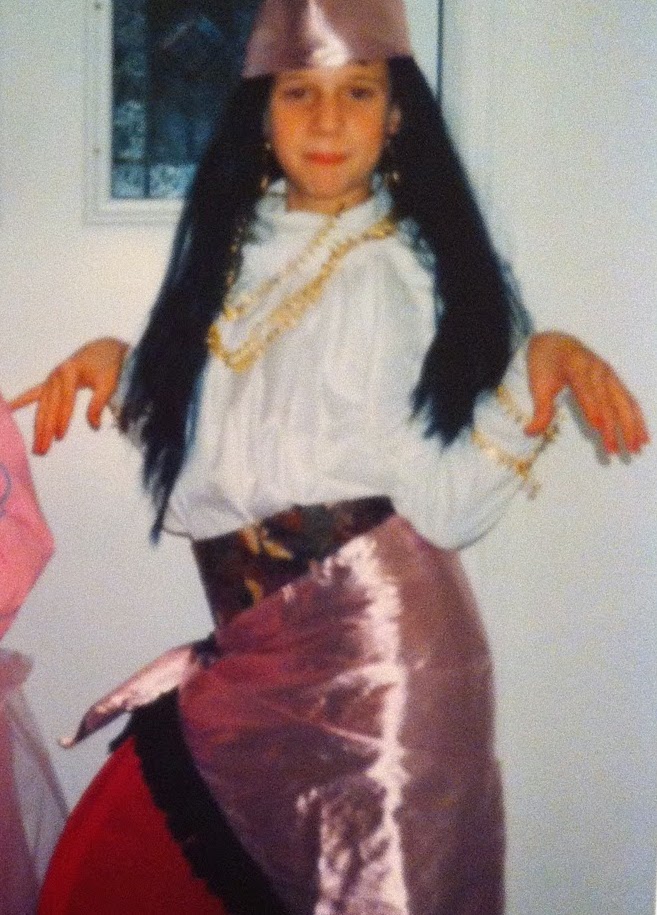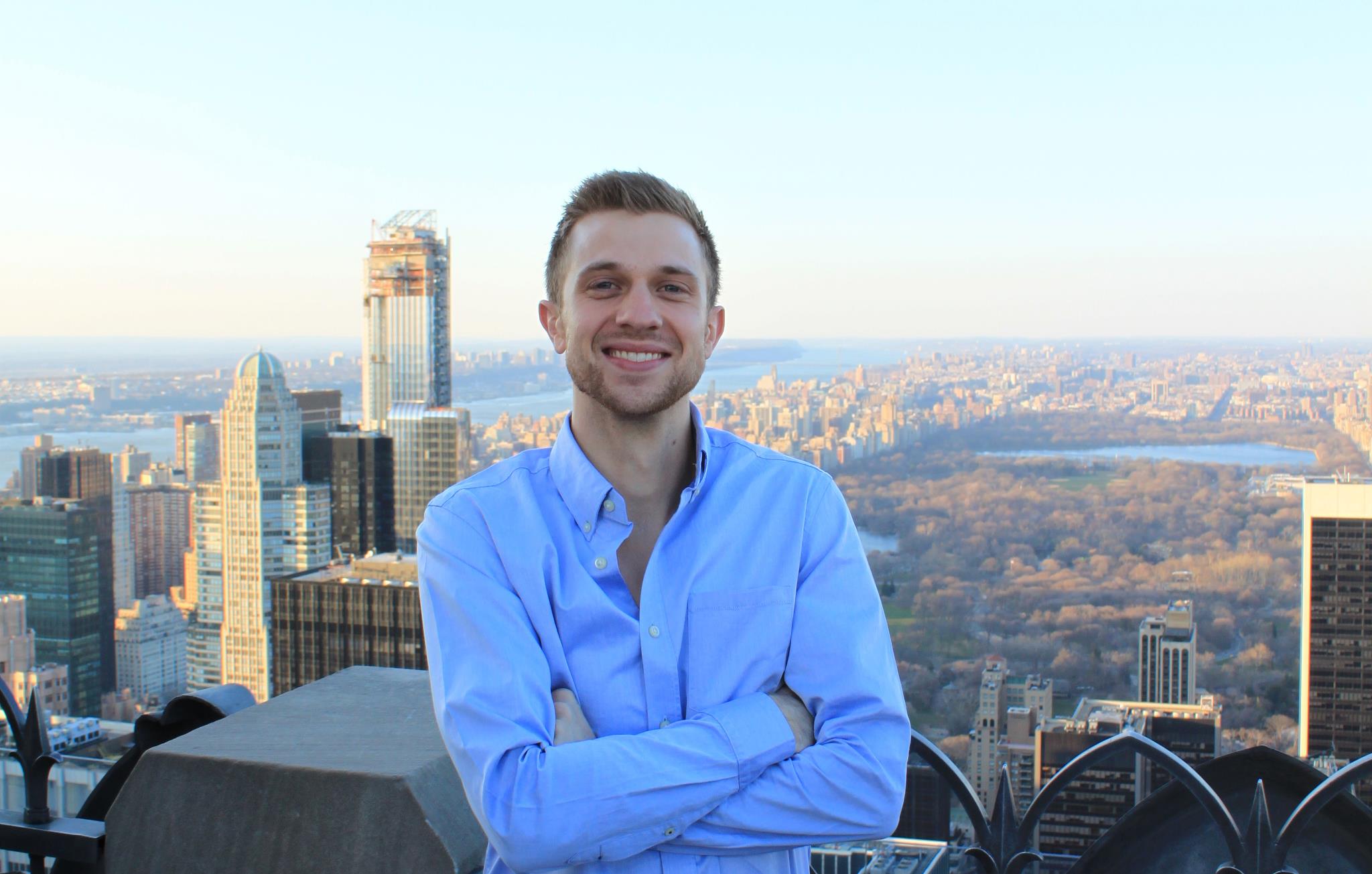Michigan Representative Adam F. Zemke has introduced a bill to prohibit the harmful practice and protect LGBT youth.
Imagine being told every day during adolescence that there was something terribly wrong with you, and that you’d never be loved or happy until you changed it — even though it wasn’t something within your power to change.
 That’s exactly what happens to gay men and women when they undergo “conversion therapy,” which is purported to help them “fix” their sexual orientation. The thing is, there’s nothing wrong with their sexual orientation, which is not in their power to change. So, naturally, this kind of “therapy” doesn’t work. But it can leave emotional scars that could last a lifetime.
That’s exactly what happens to gay men and women when they undergo “conversion therapy,” which is purported to help them “fix” their sexual orientation. The thing is, there’s nothing wrong with their sexual orientation, which is not in their power to change. So, naturally, this kind of “therapy” doesn’t work. But it can leave emotional scars that could last a lifetime.
Patrick McAlvey is one of the luckier ones. After enduring nine years of being told he must change who he was or face a life of misery, he decided to accept himself as a gay man and is now leading a fulfilling life. But it took years of real therapy and soul-searching to undo the harm done to him during conversion therapy that started when he was 11 years old.
Stories like McAlvey’s are what motivated Rep. Zemke to take action with Michigan HB 5703, which prohibits “any practice by a mental health professional that seeks to change a minor’s sexual orientation.” Similar laws are in place in California, New Jersey and New York and have been upheld by federal courts.
Here’s what Rep. Zemke told me:
This legislation is important not only because this type of therapy is ineffective. It causes severe emotional detriment to kids. We have an obligation to protect children so they can be who they are, and be treated with the utmost respect. Children look to adults for the truth and trust whatever they tell them. So we need to take extra steps to make sure their rights are protected.
McAlvey says it’s not easy sharing his story, but he’s doing it to help people who might never be comfortable speaking up for themselves.
 Raised in Lansing, McAlvey says his parents described him growing up as the “happiest, go-lucky kid they had,” with a spring in his step. It’s evident in a photo of him dressed as a gypsy for Halloween, right before he started questioning who he was.
Raised in Lansing, McAlvey says his parents described him growing up as the “happiest, go-lucky kid they had,” with a spring in his step. It’s evident in a photo of him dressed as a gypsy for Halloween, right before he started questioning who he was.
At age 11, McAlvey began recognizing his attraction to men and it terrified him, he says.
“I didn’t know anyone who was gay. The only person I knew who had anything to do with homosexuality was my ex-gay therapist, who had spoken at my youth group, and both he and my church told me being gay was bad. He’d poisoned my community against homosexuality and then offered the solution.”
The “solution” was conversion therapy, also known as reparative therapy, a practice denounced by all major medical organizations including the American Medical Association, which says, “Since homosexuality is not a disorder or a disease, it does not require a cure.”
But that’s not what McAlvey’s “therapist” said. At a time when McAlvey was at his most vulnerable, he was told by a trusted adult that he must change himself if he wanted to be happy.
He told me that this thing that I had not chosen and could not change was bad and could be changed — should be changed. At first, I was so excited, thinking that there was a way out of this.It dictated the next nine years of my life because I focused most of my time on changing my attraction, hoping that someday I could be accepted by everyone, accepted by God.
It’s the overall concept that’s the most disturbing: You’re being armed with misinformation that who you are is bad.
McAlvey spent hour after hour enduring negative feedback from his so-called therapist, sometimes five or six hours a day. When he was 19 years old, the therapist began forcing intimacy on him in the guise of therapy. McAlvey had to lay in the therapist’s arms for an hour, take his shirt off and do push-ups, and even watch and discuss the movie Equus, which includes full-frontal male nudity.
“Someone who viewed themselves more positively wouldn’t have fallen prey to these things,” says McAlvey, who admits that children under the age of consent might be coerced by their therapists. “But someone who is vulnerable would do whatever is asked.”
 When he was 20, McAlvey began wondering what would happen if he simply accepted who he really is: a gay man. He talked to some friends who agreed that what his therapist was asking him to do was bizarre — even friends who don’t approve of homosexuality. He severed ties with the therapist and over the course of a few months he came out to himself and then to others.
When he was 20, McAlvey began wondering what would happen if he simply accepted who he really is: a gay man. He talked to some friends who agreed that what his therapist was asking him to do was bizarre — even friends who don’t approve of homosexuality. He severed ties with the therapist and over the course of a few months he came out to himself and then to others.
McAlvey started seeing a real therapist in Lansing, who helped him work through undoing the harmful effects of the conversion therapy and fully accept himself. Now age 29 and living in New York City, McAlvey feels really good about his life — and who he is.
I’ve gotten to a point where I’ve had serious and important relationships, and feel like I’ll be a person who has a husband and a family and all the things I was told I’d never have.My heart breaks imagining the 11-year-old version of myself, how scared and alone I was. I imagine other 11-year-olds sitting in their room alone convinced that who they are is wrong, and I don’t want to see other kids have their happiness taken away like mine was.
Rep. Zemke is hoping for the same as he works to move HB 5703 through the Michigan Legislature.
“I am pleased to see that this issue is being championed on a bipartisan basis in state legislatures across our country and by Republican Gov. Chris Christie in New Jersey,” says Rep. Zemke. “Based on conversations I’ve had, I feel confident there is bipartisan support for this in our own Legislature.”
McAlvey shared details of his experience in a video, which you can watch below.
[Photos courtesy of Patrick McAlvey.]



